Showing 1-15 of 190 results

Health Lab
A melanoma survivor shares facts and tips about preventing all types of skin cancer.
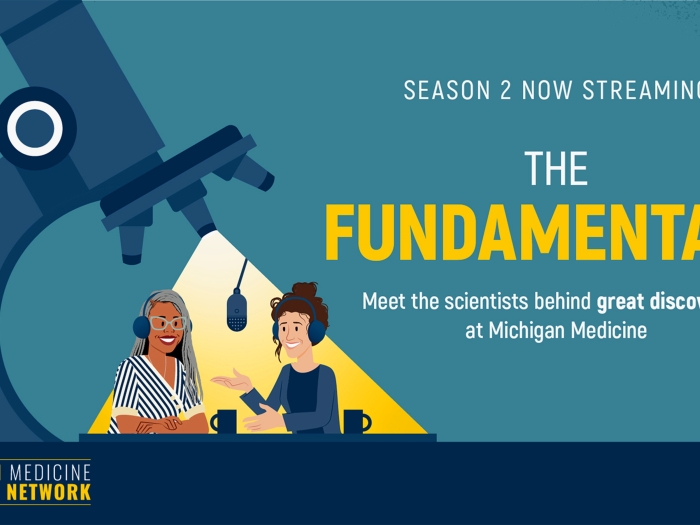
Medical School News
In the second season of The Fundamentals podcast, co-hosts Kelly Malcom and Jordan Goebig talk to several leading experts from the Medical School about their fields and the fundamental questions they are trying to answer — and discover why U-M is such an amazing place for research. Six new episodes of the popular podcast were released on May 6

The Fundamentals
Dr. Jody Platt. She is an Associate Professor of Learning Health Sciences at the University of Michigan Medical School. Trained in medical sociology and health policy, her research focuses on issues at the intersection of informatics and ethics. She is interested in understanding what makes data-driven health trusted, and the pathways for earning, achieving, and sustaining trust across stakeholders. Dr. Platt is the Academy Health and ABIM Foundation Senior Scholar in Residence advising on issues of measuring and building trust.
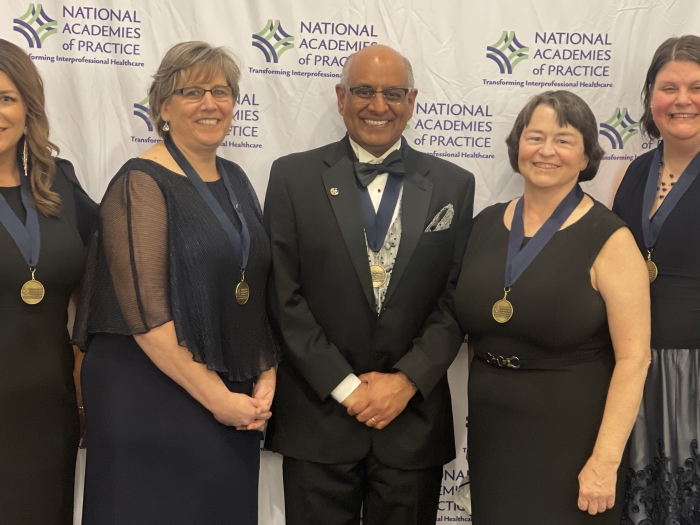
Medical School News
Six members of the University of Michigan community were inducted into the National Academies of Practice (NAP) as Distinguished Fellows in a ceremony held on March 16, 2024 in Jacksonville, Florida as part of the Annual NAP Meeting and Forum. The group includes faculty and clinicians from the University of Michigan, University of Michigan-Flint and Michigan Medicine.
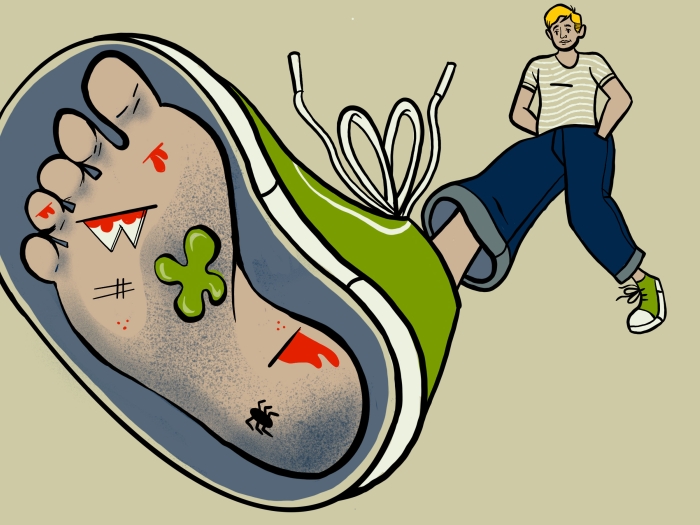
Health Lab
Tik Tok trend of going barefoot in public is a bad idea according to podiatrists

Health Lab
Today, thanks to researchers, medical and public health experts, pharmaceutical companies, engineers and others, we know more and can do more about the coronavirus called SARS-CoV2, and the disease called COVID-19, than ever before.
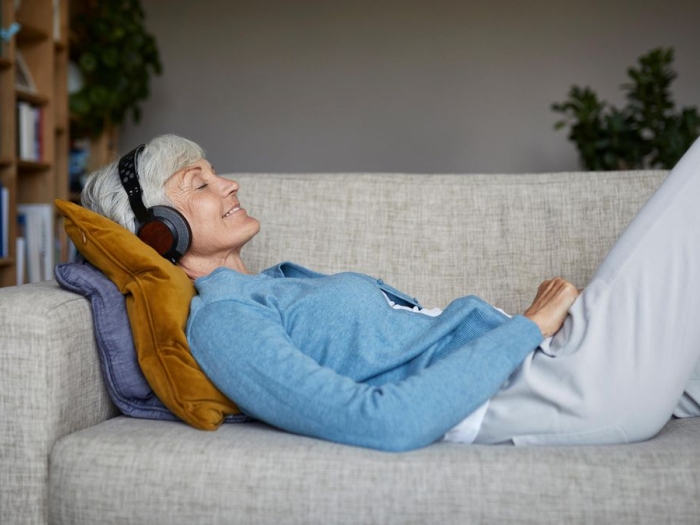
Health Lab
Making music by singing or playing an instrument, or listening to music, brings health and wellbeing benefits to many older adults.
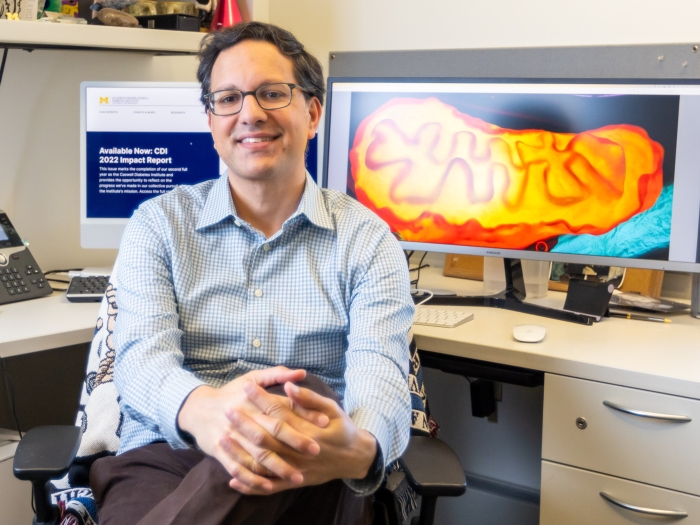
Health Lab
One diabetes program is moving to revolutionize investigations and treatment in the field
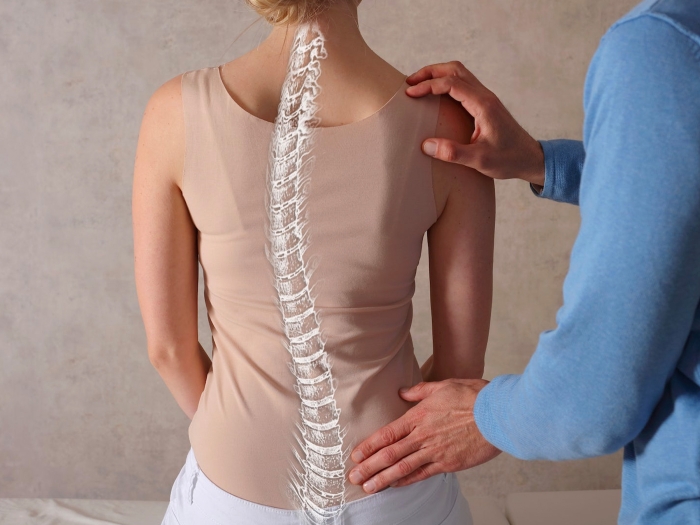
Health Lab
A Michigan Medicine expert calls for comprehensive scoliosis awareness and care.

Health Lab
Researchers at Michigan Medicine developed an AI-driven algorithm that accurately predicts death and complications after PCI — which could emerge as a tool for clinicians as they determine treatment for blocked heart arteries.

Minding Memory
In 2009, the Health Information Technology for Economic and Clinical Health Act, wow, that's a mouthful, more commonly known as the HITECH Act, spent billions to promote the uptake of electronic health records by US hospitals. Fast forward more than a decade later, and now approximately four out of five healthcare institutions have electronic health record systems in place that integrate clinical notes, test results, medications, diagnostic images, et cetera. The adoption of EHR systems into healthcare introduces new and exciting opportunities to extract information that can be used to augment other types of data for research. As you might imagine though, it can be tricky to pull out meaningful information from the text of clinical notes. In this episode, we'll speak with a University of Michigan researcher, Dr. Vinod Vydiswaran, who's been developing methods to identify dementia from EHR data.
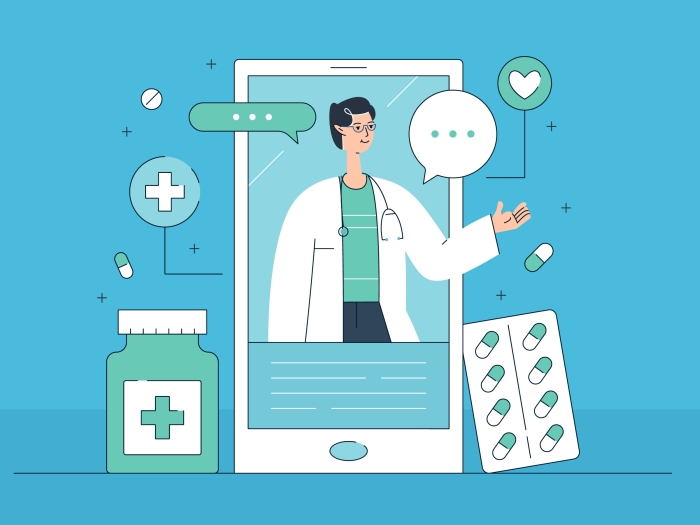
Health Lab
Buying health care services directly online offers convenience but also risks if patients don’t tell their regular doctor or provider. Poll looks at older adults’ use and attitudes.
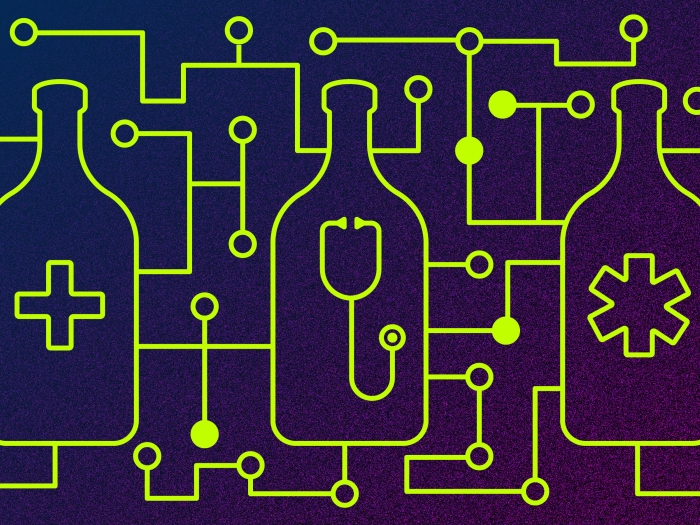
Health Lab
Surgery patients who drink at a risky level have higher risks of complications; surgical teams could use artificial intelligence to search their records for signs that they may need to cut back.
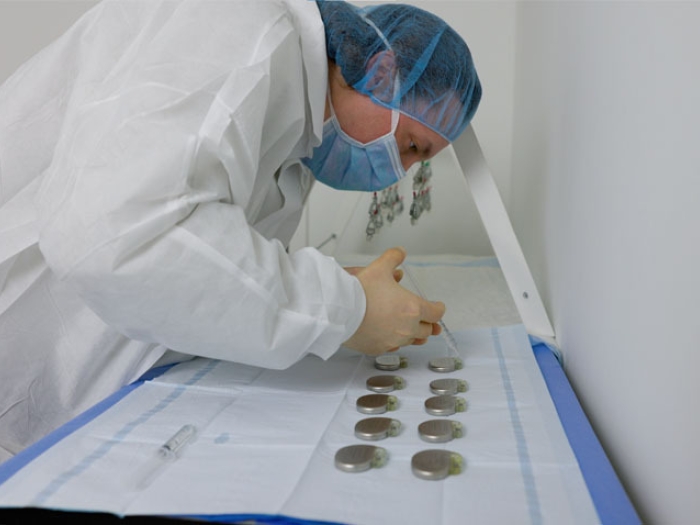
Health Lab
Researchers and clinicians at the U-M Health Frankel Cardiovascular Center began sending reconditioned pacemakers to low- and middle-income countries for compassionate use cases in 2010 through the “My Heart Your Heart” program.
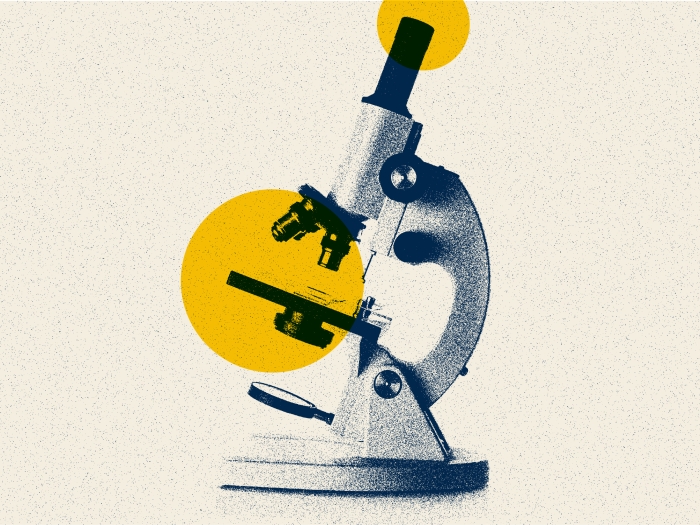
Health Lab
A recent study from U-M offers more insight into the underlying causes of EOE.